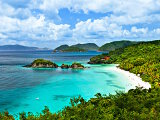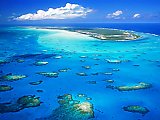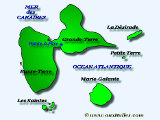Travel guideIsland hopping in the CaribbeanIsland hopping worldwide
Last updated on 08/01/2025 at 11:37 PM
The islands of the Caribbean sea stretch across thousands of miles, including a group of islands that forms an arc, known as the Antillean arc, which marks the boundary with the Atlantic ocean.
These islands offer incredibly diverse landscapes, ranging from white-sand beaches and turquoise waters to wide sugarcane plains and volcanic mountains covered in lush tropical vegetation. The surrounding coral reefs, some of the largest in the world, are home to a rich variety of marine life.
Shaped by European colonization and African influences, these islands are now a cultural crossroads where Creole, Latin and Indigenous traditions coexist.
The islands from Caribbean sea
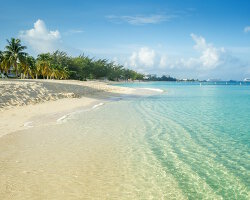
Grand Cayman island
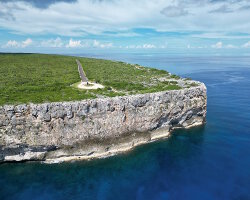
Cayman Brac island
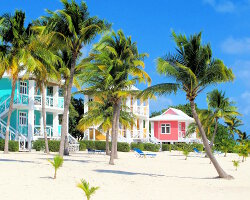
Little Cayman island
Lesser AntillesThe Lesser Antilles are a group of islands divided into two main groups
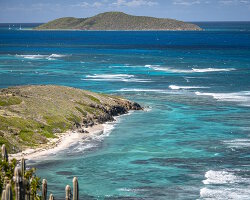
Saint Croix island
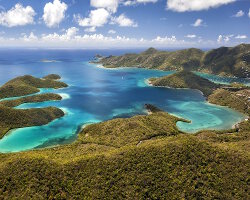
Saint John island
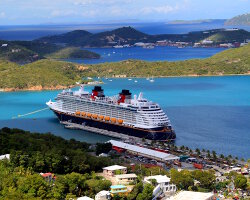
Saint Thomas island
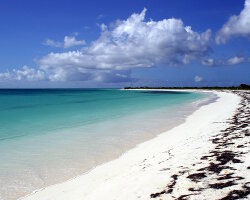
Anegada island
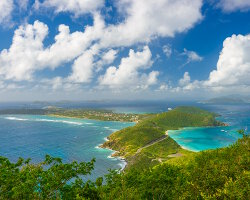
Virgin Gorda island
Leeward and Windward islandsThe Leeward and Windward islands (from north to south)
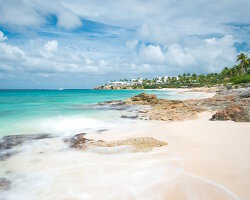
Anguilla island
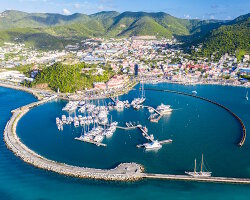
Saint Martin island
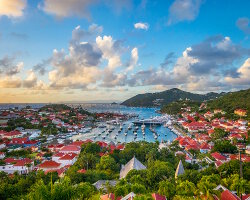
Saint Barthélemy island
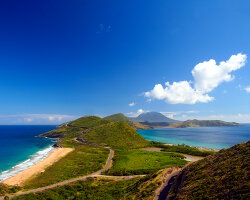
Saint Kitts island
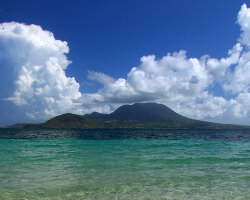
Nevis island
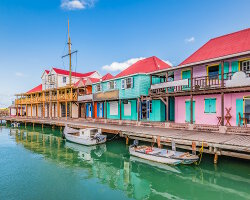
Antigua island
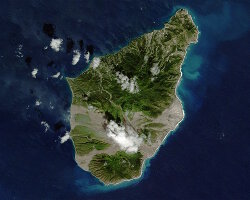
Montserrat island
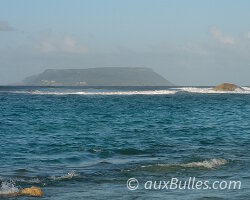
Désirade island
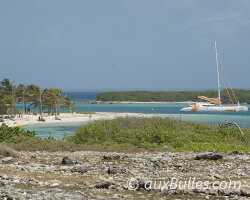
Petite Terre island
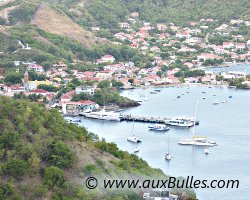
Saintes island
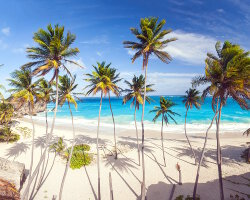
Barbados island
Leeward AntillesFrom east to west
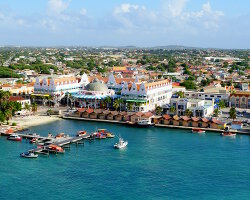
Aruba island
Our latestUpdates
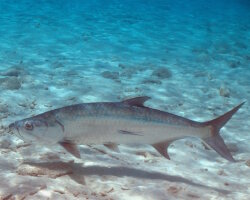
Wednesday, February 18th 2026
The Atlantic tarpon
The Atlantic tarpon is a large coastal fish that can grow up to 8 feet long and weigh over 330 pounds, with a silvery body covered in large, reflective scales. Known as the Silver King, it is famous for its spectacular leaps and fierce fight when hooked by sport fishermen.
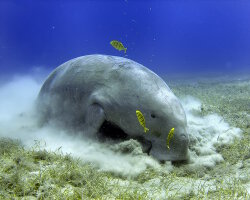
Friday, January 30th 2026
The dugong
Discover the dugong, a gentle “sea cow” of tropical waters. Learn about its habitat, diet, reproduction, morphology, and the threats facing this unique marine mammal.
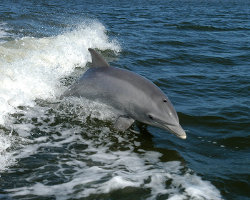
Friday, January 23rd 2026
Dolphins: ocean's smartest creatures
Discover dolphins, the ocean's geniuses: explore their intelligence, social behavior, sophisticated communication, species diversity and vital role in marine ecosystems.
Photo of the Day
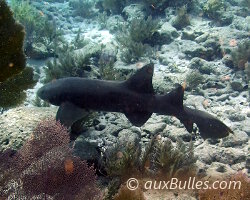
Requin nourrice
(Ginglymostoma cirratum)



